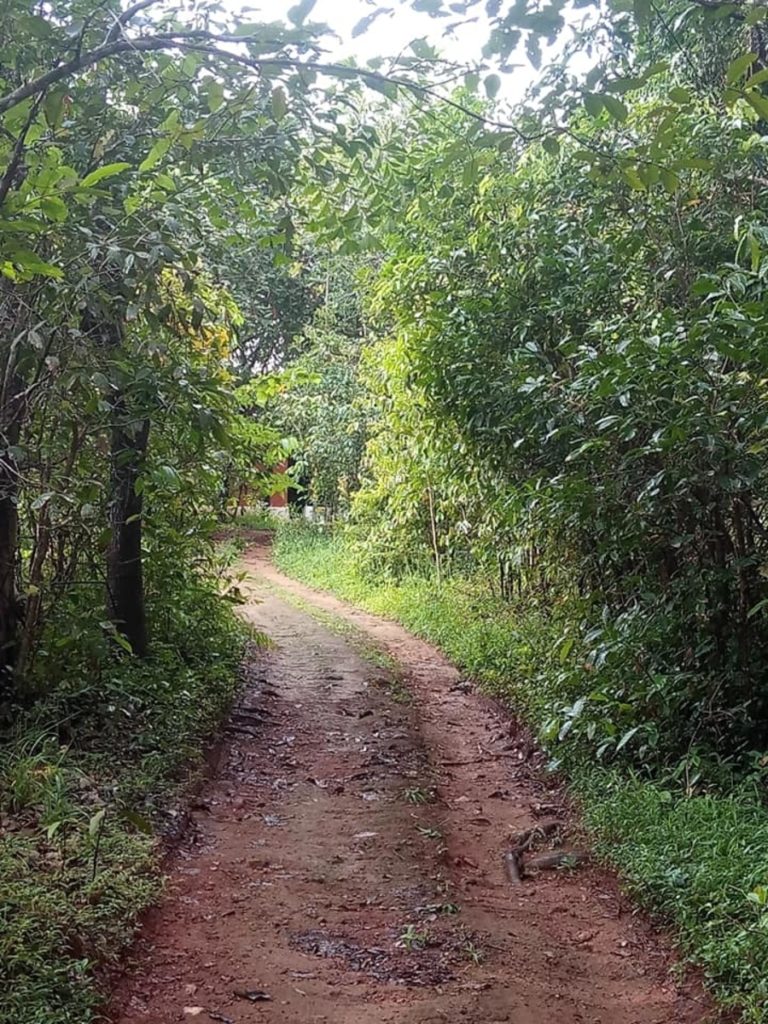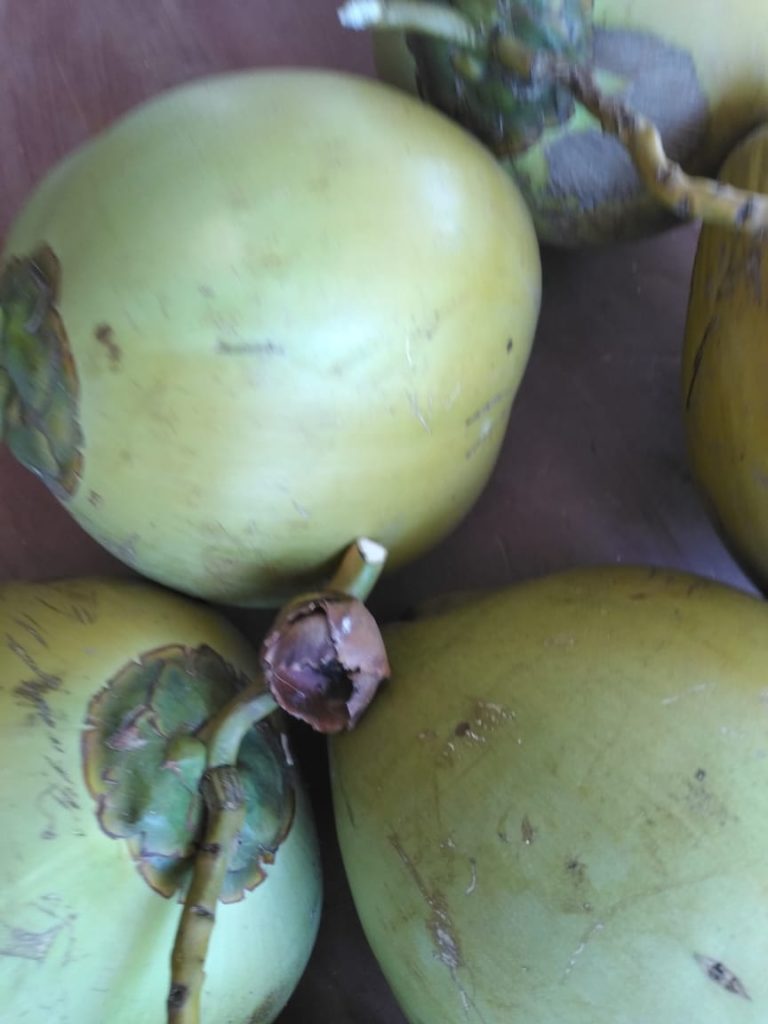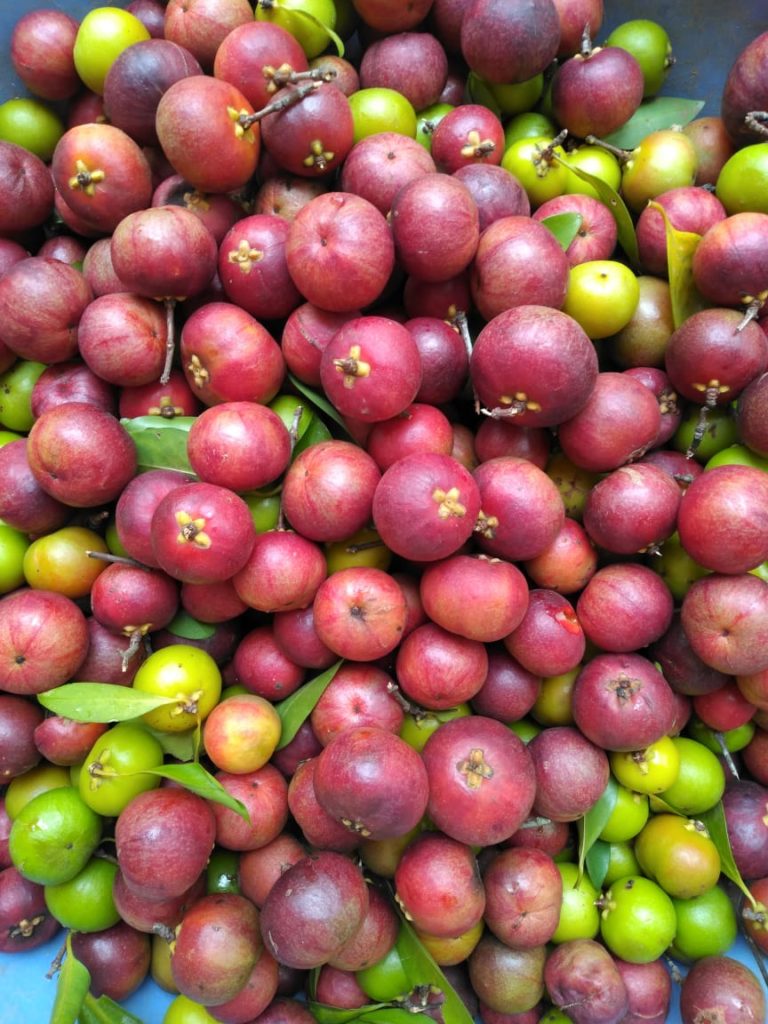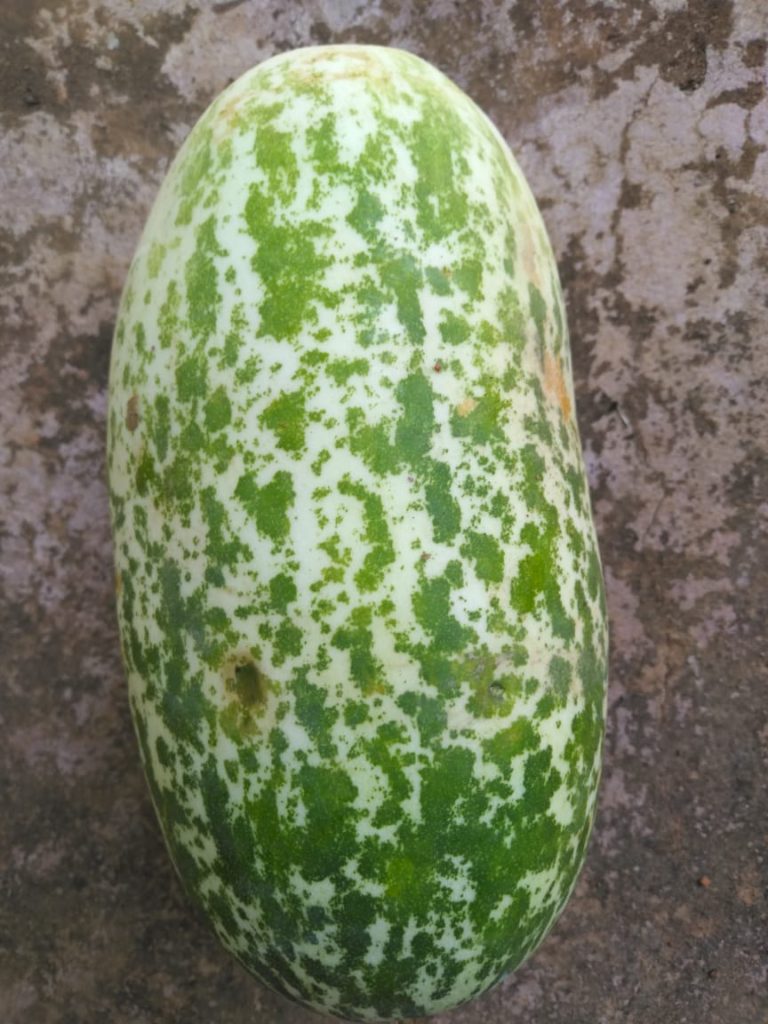
Ahimsa is an ancient Indian principle of nonviolence which applies to all living beings. Ahimsa is a multi-faceted concept, stirred from the premise that all living beings are endowed with ‘divine spiritual energy’, hence, one must practice complete abstinence from violence, in thought, word, or deed.
To some, ‘ahimsa’ may refer to something as naïve as avoidance of animal products, however, it is a vow, an ardent practice to strengthen the power of mind, more than the body. Was it ever easy to abstain from relishing the abundance of worldly bliss – food, clothing, gadgets and electronics…? It would require grit, composure, contentment, and a vision that goes beyond the instant pleasures we all mostly give in to.
The one person I have had pleasure of knowing, who has renounced the reckless world of materialism, after having tasted it all, and has settled in a lovely vegan forest called ‘Sthitaprajna’ (firmly grounded in wisdom), is Shankar Narayan. In our previous articles, we have enjoyed his ‘home-methods’ to produce plant-based milks.

Shankar Narayan practices ‘sativik veganism’ which differs in various aspects from mainstream veganism. While vegans refrain from harming animals, ‘satvik veganism’ perceives this as just the beginning. ‘Satvik veganism reveres self, and the environment too. “It endorses simple living, not stealing, and living by the truth”. While it may sound like austerity to many, Shankar perceives these values as learnings to enrich the earth and self (living beings).

The meat eaters are often heard debating about the misconceptions of water footprints i.e. whether more water is required to farm crops or animals. While the scientific data confirms in favour of crops and plants, one could be unaware that vegetables/fruit crops necessitate less amount of water than the grains and pulses. Hence, Shankar emphasizes that even vegetarian meal should be consumed in quantities suitable for body, mind, and the earth, ensuring sustainability. Gluttony or greed of any kind is ‘hinsa’ (violence).
Weighing the pros and cons of the choice of food extends beyond the type, and what body requires. There are environmental factors associated with the choice of food that impact the earth as well as other human beings (who source their food from earth). “If I minimize my intake of meat or pulses for fresh fruits and locally grown vegetables, I am being sensitive to other fellow beings too!”

‘Satvik vegans’ prefer least processed food. Spicy, sugary and highly processed foods are discouraged. Shankar talks of certain vegans looking for foods that resemble animal food. A ‘satvik vegan’ desires for plant food in totality, there is no aspiration for non-veg food look-alikes. “So, one wouldn’t need ‘soya chhaps’ to replace chicken or lamb”.
‘Satvik vegan’ are the true harbingers of the modern concept of minimalism. “The emphasis is on living a simple and stress-free life, without stringent targets and expectations”. While ‘limited needs’ are the prerequisite for sustainability, they are also ecological friendly method for survival.

Shankar suggests that one must consume local produce, with minimum ecological foot-print in its production. He sources local produce to ensure both freshness as well as checking the role of transportation and storage. ‘Satvik vegans’ do not look for expensive vegan substitutes in exotic marts either. “Almost all raw items are available in your kitchen and nearby vegetable kiosks”.
A ‘satvik vegan’ extend the concept of ‘ahimsa’ to all the fellow living beings, including the humans (yes!). “Calm demeanour and polite language are expected, even in stressful conditions”. Hence, ‘loud’ activism is not encouraged. One has to be mindful of direct impact of communication on family, friends, colleagues, and neighbours. A person practising ‘satvik vegansim’ must refrain from deceit and rumours. “They are expected to give truthful information to others on mainstream, online or social media”.
‘Satvik veganism’ lays emphasis on freedom! There can be no confinement of either humans or animals. “Freedom is the most precious thing one can give or get”. Hence, confinement for the sake of having a pet as companion or human being as servant/bonded labour/restrained spouse is also not supported.
‘Satvik veganism’ may sound too immaculate or too ambitious, yet some have been able to achieve it willingly, in miniscule income, with enormous health and spiritual rewards. Several years back, Shankar suffered from arthritis where his knee joints would pain and swell, and he was almost immobile. He was advised by the doctors to not use Indian style toilets or climb steps. Fifteen years hence, he runs long races and climbs trees in ‘Sthitaprajana’ forest.
Become the Change you Want to See.
Monica (Managing Editor) is the quintessential researcher - she thrives on showcasing overlooked aspects that form the foundation blocks of people, places and issues. She is a social scientist by profession with masters in Economics and loves to travel.